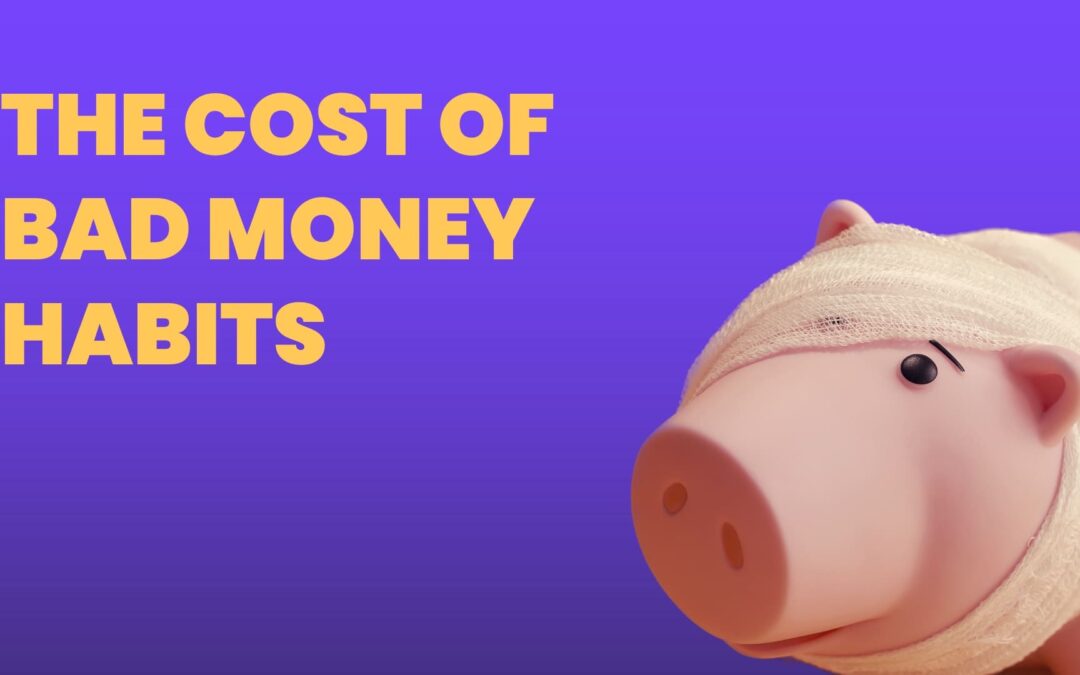Bad money habits can have a significant impact on your financial wellbeing. Whether it’s impulse purchases, living beyond your means or not taking the time to understand investments, these bad spending habits can lead to debt and other financial difficulties. But with some effort and dedication, you can break free from these behaviors and take control of your finances.
In this article we’ll look at how to recognize common bad money habits and provide expert tips for turning things around.
With our help, you’ll be able to make better decisions about spending, saving and investing in order to secure your financial future and break free from the bad money habits.
Also check out our article on how to save money with a low income here!
6 Bad Financial Habits to Quit Now!
To establish the importance of personal finance management, here are 6 poor spending habits to let go immediately:
Impulse Purchases
Impulse purchases can add up quickly and put a serious dent in your budget. Many people find it hard to resist the urge to buy something that ‘looks nice’, or simply because it’s on sale.
Taking the time to consider if you actually need the item before you purchase it can save you money in the long run.
Poor Spending Habits
Poor spending habits can take many forms, from shopping for non-essential items to using credit cards for everyday expenses.
A good way to tackle this habit is to create a budget and track your spending against it every month. That way you’ll be able to identify any unnecessary purchases and make changes to your spending habits.
Not Saving Enough
Many people simply don’t save enough for their future, leaving themselves at risk of financial insecurity when unexpected costs arise or during retirement.
Setting up a regular deposit into a savings account can help you build up your rainy-day fund over time so that you’re always prepared.
Investing Without Research
This is one of the top bad money habits that most people make. Before you invest your money, it’s important to do your research and understand the various types of investments available.
A little bit of time spent understanding different investment options can save you a lot of money in the long run and in becoming a successful investor.
Not Establishing Credit
Establishing credit is an important part of growing your financial security, but many people don’t take the time to do it.
By getting a credit card or loan and paying it off on time, you can build up your credit score and become more attractive to lenders in the future.
Not Setting Financial Goals
Setting financial goals is one of the most important components of personal finance.
Without any goals to work towards, it can be hard to make progress on your financial security.
Set some short-term, mid-term and long-term financial goals to keep yourself on track and motivated.
Conclusion
Bad money habits can have a serious impact on your financial wellbeing, but with the right strategies and dedication, you can break free from these behaviors and take control of your finances.
By recognizing common bad money habits such as impulse purchases or poor spending habits, understanding different investment options before investing your money and setting financial goals for yourself, you’ll be able to make better decisions about spending, saving and investing in order to secure your financial future.
With some effort and commitment on our part we are sure that anyone can turn their bad money habit into beneficial ones.

